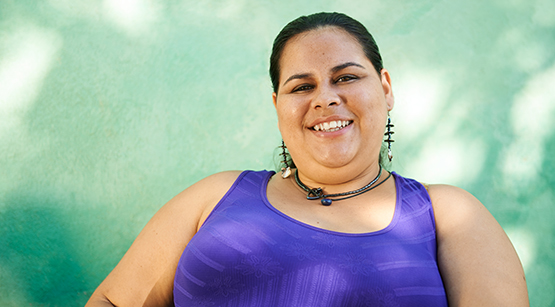
According to the Department of Health and Human Services, one out of every 10 women of childbearing age will experience polycystic ovary syndrome or PCOS. For women living in and around Suwanee/Johns Creek, Georgia, the North Atlanta Women’s Care team offers diagnostic and treatment services for PCOS. Starting the right treatment can greatly enhance your quality of life, and there’s no better time than now to get started. Book your visit at North Atlanta Women’s Care online or by phone.
North Atlanta Women’s Care in Suwanee/Johns Creek
2685 Peachtree Pkwy, Suite 300, Suwanee, GA 30024
North Atlanta Women’s Care in Alpharetta
4040 Old Milton Parkway Suite 200, Alpharetta, GA 30005
North Atlanta Women’s Care in Cumming
1080 Sanders Rd Suite 200, Cumming, GA 30041
North Atlanta Women’s Care in Lawrenceville
771 Old Norcross Rd Suite 300, Lawrenceville, GA 30046
All of our offices operate Monday to Friday from 8:00 AM to 4:00 PM and are closed on weekends. To receive exceptional care at your preferred location, schedule an appointment with us.
Polycystic ovary syndrome, also known as PCOS, is a condition involving hormonal imbalance. Your body manufactures many different hormones, some of which regulate fertility and your menstrual cycle.
These hormones are found at higher levels in males, but they’re present in women as well. PCOS often involves higher-than-average levels of androgens.
This hormone helps regulate your menstrual cycle. Some women with PCOS don’t create sufficient levels of progesterone.
This hormone manages your blood sugar. Women with PCOS don’t always have a normal reaction to insulin.
When these hormones are not properly balanced, your ovaries may not release an egg each month, or the egg could fail to develop properly.
Many women mistake the signs of PCOS for other conditions, and symptoms are not the same for every woman. These are some of the more common signs of PCOS:
You are unlikely to experience all of these problems, and some may be more noticeable than others. Many women live with PCOS for years before they obtain an accurate diagnosis.
One of the primary reasons why women seek treatment for PCOS is to improve their chances of conceiving a child. With proper treatment, it’s possible to not only enhance your fertility but also to ward off some serious health problems associated with PCOS, like heart disease and diabetes.
Lifestyle modifications can make a world of difference for women with PCOS. Improving your diet, getting enough exercise, and ending unhealthy habits like smoking will boost your health.
Hormonal birth control is also a good way to manage PCOS. Hormones delivered via pills, shots, an IUD, skin patch, or vaginal ring can help regulate your periods. Hormonal therapy can also assist with unwanted hair growth and acne.
There are also medications that can help lower your insulin levels and prevent type 2 diabetes. Some of these drugs may also help you lose weight and improve your fertility.
Your specialist creates a customized treatment plan to suit your specific set of needs. Schedule an appointment online or by phone to begin treatment as soon as possible.





